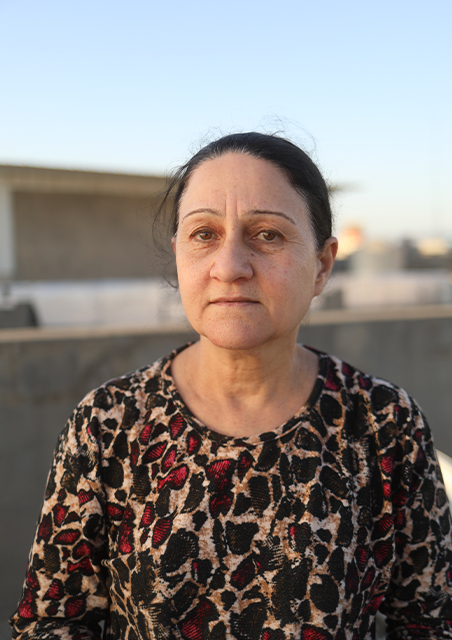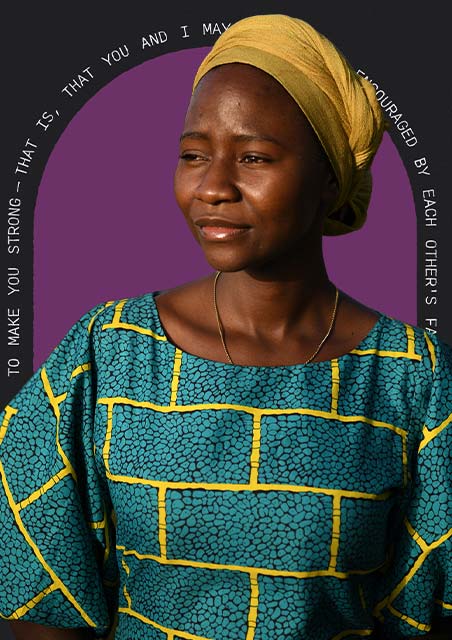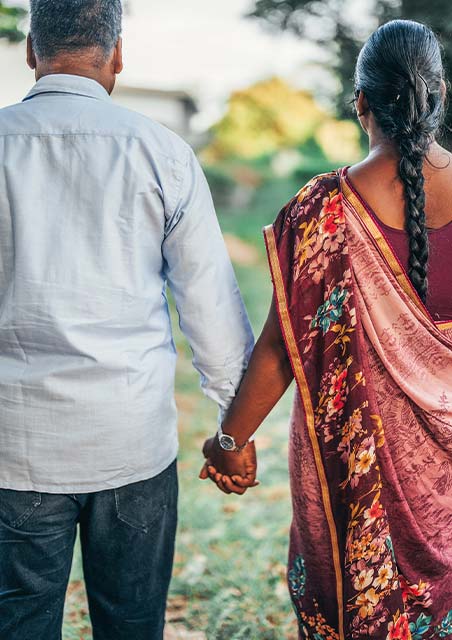'We are Christians' - How the tragic bus attack unfolded
Last week, on Friday 26 May, gunmen opened fire and killed at least 29 Coptic Orthodox Christians and wounded around 24 others as they travelled to Ascension Day services at the Monastery of St. Samuel, Minya, southern Egypt. This is how the attack on believers unfolded.
A convoy of Coptic Christians - consisting of a coach carrying families, a minibus with children and one adult, and a pickup truck carrying eight workers - was stopped by militants armed with machineguns at 9.30am on a remote desert road near El Idwa, close to the border between the Minya and Beni Suef provinces.
According to the Egyptian health ministry, eight to ten masked attackers wearing military uniforms blocked the Christians' vehicles. The militants forced all the Copts to hand over their jewellery, money and mobile phones at gunpoint.
Fr. Azra Fakhry, Vicar of the Maghagha and El-Idwa Archdiocese, told World Watch Monitor that the Christians were ordered to convert to Islam: "Bear witness that there is no god to be worshipped but Allah, and that Mohammed is the messenger of Allah." However, the Copts refused, saying, "We are Christians."
At this point, the attackers opened fire, shooting first the men and then a number of women and children. Most of their victims were shot in the head. All eight men in the truck were killed, and children were amongst the dead - including four-year-old Marvey, from a small village near the city Bani Sweif. He was shot in the head as he was cradled in the arms of his mother.
Although no immediate claim for the attack was made, witnesses described seeing flags of the so-called Islamic State (IS) displayed on the attackers' 4×4 vehicles. IS has since claimed responsibility.
Bomb found outside Cairo church
Just three days after the bus attack, a bomb was found outside an Egyptian church just south of the capital, Cairo, according to Coptic news site Watani.
On 29 May, a guard reportedly found the bomb inside a paper box by the gate to the Anba-Barsoum al-Erian Monastery, in the Greater Cairo city of Helwan, and 'quickly informed the security forces, who promptly dismantled it and cordoned the area off'.
Continuing deadly assaults
These attacks come in the wake of a series of deadly assaults against Egypt's Coptic Christian minority, who constitute about 10 per cent of Egypt's population of 91 million.
Egyptian president, Abdel Fattah el-Sisi, ordered a national state of emergency after twin bombings of Coptic churches in Alexandria and Tanta killed 49 on Palm Sunday. Only days before, police had defused a similar bomb device in Tanta, which targeted a church.
IS, who claimed to be behind the Palm Sunday attacks, were also responsible for an attack in December 2016, where an IS suicide bomber struck a chapel adjoining the Coptic Orthodox cathedral of St Mark in Cairo, leaving 28 dead.
In a propaganda video released in February this year, the militants vowed to wipe out Egypt's Coptic Christians and 'liberate Cairo'. Hundreds of Christians in the Sinai Province fled the area in late February and March, after the Islamists posted videos and leaflets telling Copts to leave the region or be killed. So far this year, eight Copts have been targeted and brutally murdered in the area.
Is the Egyptian government doing enough?
Reports have emerged that, despite the national state of emergency, security personnel were slow to respond to the bus attack. In acknowledgment of the lapses by authorities in dealing with the attack, Egypt has removed Major General Faisal Dewidar, the security chief of the province south of Cairo, where the attack took place. Dewidar's transfer was ratified as part of a wider reshuffle in the police that included 13 other Interior Ministry officials who were removed from their posts and appointed elsewhere.
But despite this, Christians are frustrated. Eid Fares Ishak, who lost two cousins in the bus attack last week, said: "The state of emergency isn't making anything better, it's as if it's not there." He was reported by the Guardian as saying: "The government is supposed to take more precautions and be more firm in case of such attacks, like doing an immediate search following the attack and not waiting for hours like they did."
Egyptian Christians have long complained that the government does not take their security concerns seriously. For their part, officials have blamed violent incidents on foreign-influenced extremists.
The Egyptian Initiative for Personal Rights recorded 77 sectarian attacks on Copts in the Minya province alone between 2011 and 2016, in addition to scores of vandalism incidents at churches and schools.
However, Al-Azhar, the centre of Islamic Sunni learning in Cairo, announced on 13 May that it would form a committee to draft a new law for submission to the Egyptian Parliament, to confront hatred and violence in the name of religion.




